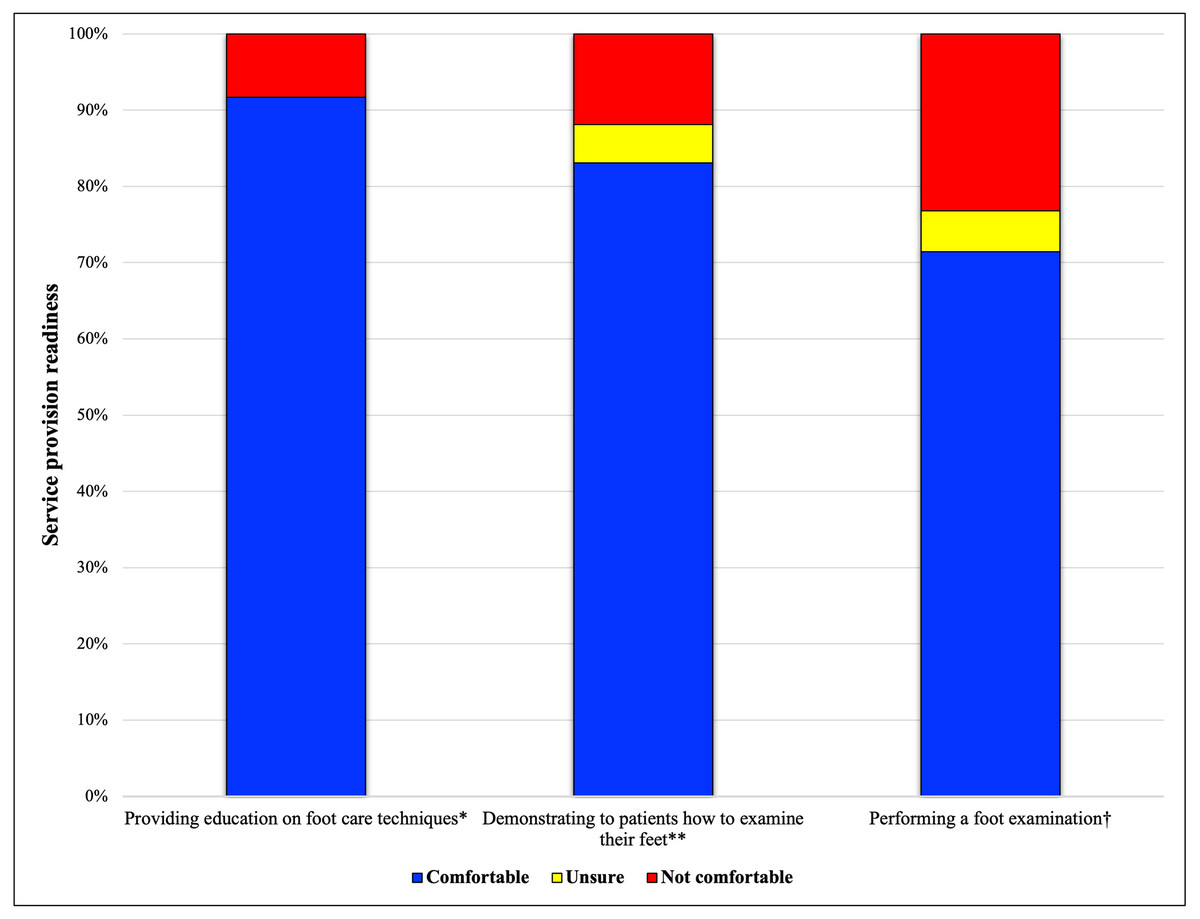lucianaaln556
About lucianaaln556
In the UK, law courts play a vital role in ensuring that justice is accessible to all citizens.
One of the most important aspects of legal aid in the UK is that it ensures representation for those who are unable to afford a lawyer. In criminal cases, legal aid provides defendants with access to defense lawyers to ensure that they are not disadvantaged due to their financial status. This is essential in maintaining a fair trial, as everyone has the right to legal representation, especially when faced with criminal charges that could lead to serious penalties such as imprisonment. Legal aid covers both the cost of the lawyer and any associated legal costs.
Magistrates in the UK are typically lay individuals, meaning they do not have formal legal qualifications but are trained to apply the law. They typically deal with minor criminal offenses, traffic violations, and family law cases. Magistrates serve on panels with a chairperson, who has more experience in the law, and their role is to assess the evidence, question witnesses, and make decisions based on the law and facts presented in the case. While they lack the formal legal training of a judge, magistrates are crucial to the efficiency of the court system, especially in handling cases that do not require a full trial.
In addition to the aforementioned roles, other staff members contribute to the smooth operation of the court system. These include IT professionals who manage the digital infrastructure of the court system, including electronic case files and virtual hearings. Many courts now offer online services to the public, and these IT professionals ensure that the technology is secure and functioning correctly.
Funding cuts to legal aid have been a subject of much debate. If you loved this write-up and you would like to obtain more details pertaining to legal marketing agency kindly see our own web site. Supporters of legal aid argue that it is an essential part of a functioning justice system and that the reduction in funding has disproportionately affected the most vulnerable members of society. Critics of the cuts, however, argue that the system was unsustainable and needed to be reformed to reduce government spending. Despite these differing opinions, the lack of sufficient funding for legal aid remains a pressing issue in the UK.
In summary, legal aid in the UK is an essential component of the justice system, providing individuals with access to legal representation and advice, regardless of their financial circumstances. Despite facing significant challenges due to funding cuts and restrictions, legal aid remains a vital service for ensuring that everyone has the opportunity to access justice. Whether in criminal, civil, or family law cases, legal aid helps to level the playing field and ensures that the legal process is fair for all. With ongoing advocacy and reforms, there is hope that legal aid can be expanded and improved to better serve those in need in the future.
In addition to mainstream courts, England also has a network of tribunals that handle specific types of legal disputes, including immigration, employment, tax, and benefits. Tribunals are generally less formal and more accessible than traditional courts, and they provide a vital forum for resolving administrative and regulatory issues.
 At the lowest level are the Magistrates’ Courts and County Courts. Magistrates’ Courts deal primarily with summary offences, such as traffic violations, shoplifting, and anti-social behaviour. These courts are usually presided over by a bench of magistrates—volunteer judges—or a single district judge.
At the lowest level are the Magistrates’ Courts and County Courts. Magistrates’ Courts deal primarily with summary offences, such as traffic violations, shoplifting, and anti-social behaviour. These courts are usually presided over by a bench of magistrates—volunteer judges—or a single district judge.
Access to justice is a key issue in Wales, particularly in rural and post-industrial areas. Court closures in recent years have raised concerns about people having to travel long distances for legal proceedings. The digitalisation of court processes—accelerated during the COVID-19 pandemic—has improved accessibility in some respects, but digital poverty and infrastructure limitations remain challenges.
Certain individuals can access legal support without paying through pro bono work, where lawyers volunteer their services for free. Pro bono work is typically offered by law firms, individual lawyers, or charitable organizations that aim to support individuals who cannot access legal aid but still need professional help. Pro bono lawyers play a crucial role in providing legal support to vulnerable individuals who do not meet the financial criteria for legal aid.
 Specialized family courts in particular provide dedicated services for those involved in child custody, divorce, and domestic violence cases. These courts aim to reduce the emotional and psychological impact of family disputes on all parties, particularly children. In addition to providing legal assistance, family courts often work with social services and child welfare organizations to ensure that the best interests of children are prioritized during proceedings.
Specialized family courts in particular provide dedicated services for those involved in child custody, divorce, and domestic violence cases. These courts aim to reduce the emotional and psychological impact of family disputes on all parties, particularly children. In addition to providing legal assistance, family courts often work with social services and child welfare organizations to ensure that the best interests of children are prioritized during proceedings.
At the highest level of the judicial system is the High Courts, which handles the most significant civil cases, appeals, and judicial reviews. The funding of the High Court is particularly important, as it deals with high-profile cases that often set legal precedents. Additionally, the court requires specialized resources to manage complex and time-consuming cases. The challenge for the Ministry of Justice is to provide sufficient funding while ensuring that resources are spread across all levels of the judiciary, from the lower courts to the most senior courts.
No listing found.

